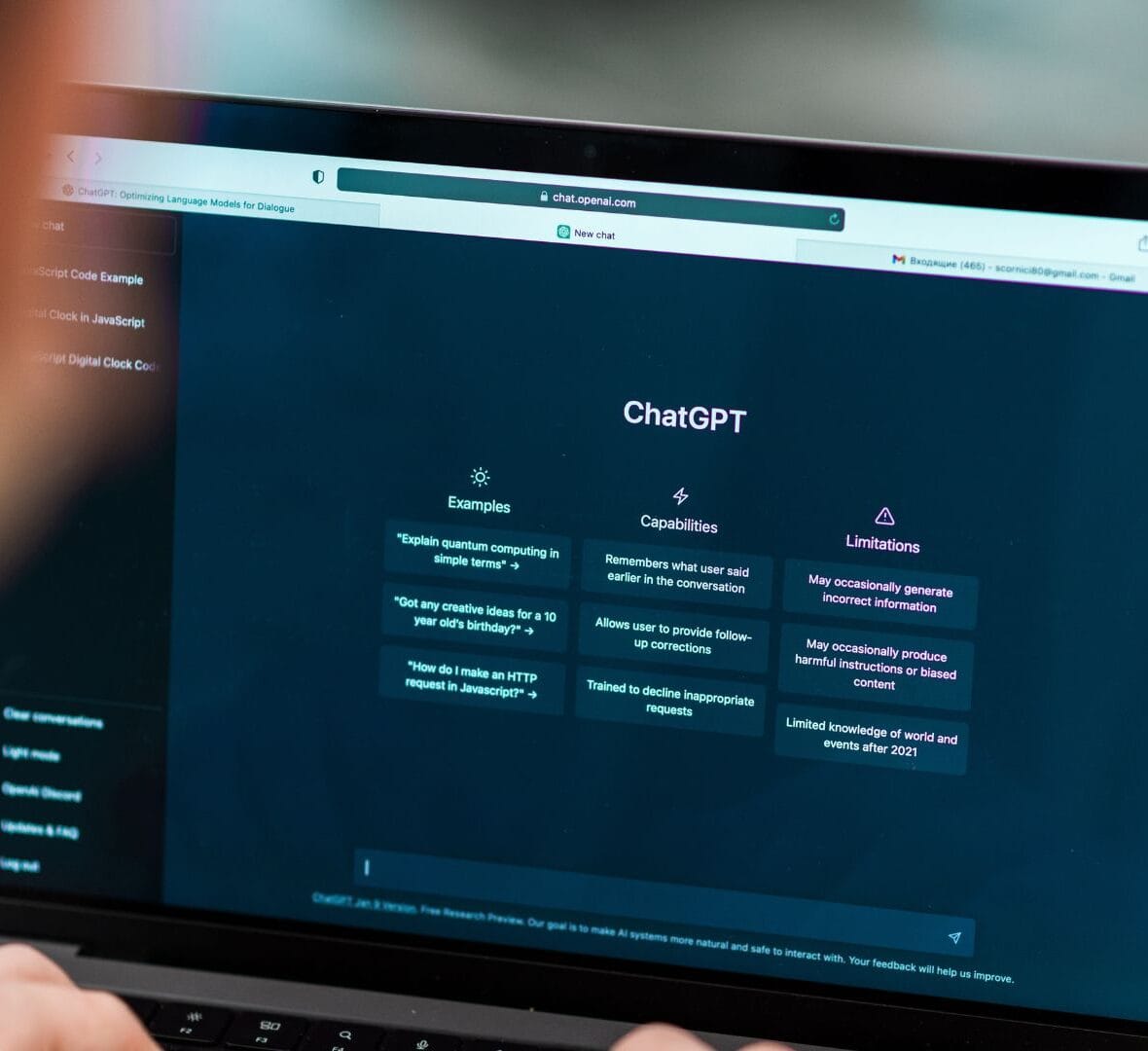In June 2025, AI assistants – such as ChatGPT, Gemini, Perplexity, Claude, among others – generated 1.13 billion clicks for the world’s 1,000 largest websites. This represents a 357% increase compared to June 2024. For comparison, Google continues to lead the way, with 191 billion visits in the same month, but the growth of AI is no longer going unnoticed.
And why does this matter to tourism?
- A lot. Almost half a million clicks already go to Kayak. In June alone, the metasearch engine received 456,600 visits from AI chats – a clear sign that inspiration, research and even booking increasingly start with a conversation.
- Those who move first gain prominence. Expedia and Kayak were among the first travel brands to launch official integrations with AI assistants, allowing prices and availability to be displayed directly in the responses.
- And what about ‘zero-click’? It’s already a reality. When AI returns a complete itinerary, many travellers no longer even look at lists with ten blue links – they choose and book on the spot.
What is already changing
- Planning with a single request. Requests such as ‘Give me a three-day itinerary in the Douro with wine tastings’ already return hotels, farms and transfers – if your data is accessible to AI.
- Reliable data is worth more than keywords. AI prioritises up-to-date and credible sources, with prices and availability displayed via API or schema.org.
- Niche content is gaining momentum. Guides such as ‘the best secret surfing spots on the Costa Vicentina’ or ‘sustainable wine tourism in the Alentejo’ may be exactly the answer to specific requests – and generate valuable bookings.
What you can do now (before the wave passes you by)
- Audit your website. Ensure that you use structured data (schema.org, OpenGraph) and that you have price and availability feeds linked to OTAs – or better yet, directly in your system.
- Create quotable micro-content. FAQs, mini-itineraries and ‘what to pack’ lists are gold for language models.
- Expose your inventory via API or plugin. If your booking engine can communicate with AI, you’ll reach the user at the right time.
- Track traffic coming from AI. Tools such as Similarweb already allow you to see referrals coming from AI chats – track this data as you would track SEO or PPC.
- Invest in your online reputation. Verified reviews, press mentions and backlinks still count – and now they also help your brand to be chosen as a reference source by AI assistants.
Bottom line: this is moving fast.
Today, AI still accounts for a small slice of traffic – but it is growing at triple-digit rates and is already starting to decide where to click and where to book. If you want your hotel, destination or tour to appear in the next itinerary generated by an assistant, the time to act is now.
At Message in a Bottle, we help tourism brands prepare for this new reality – from content strategy to technical integration with AI platforms.
Let’s talk?




